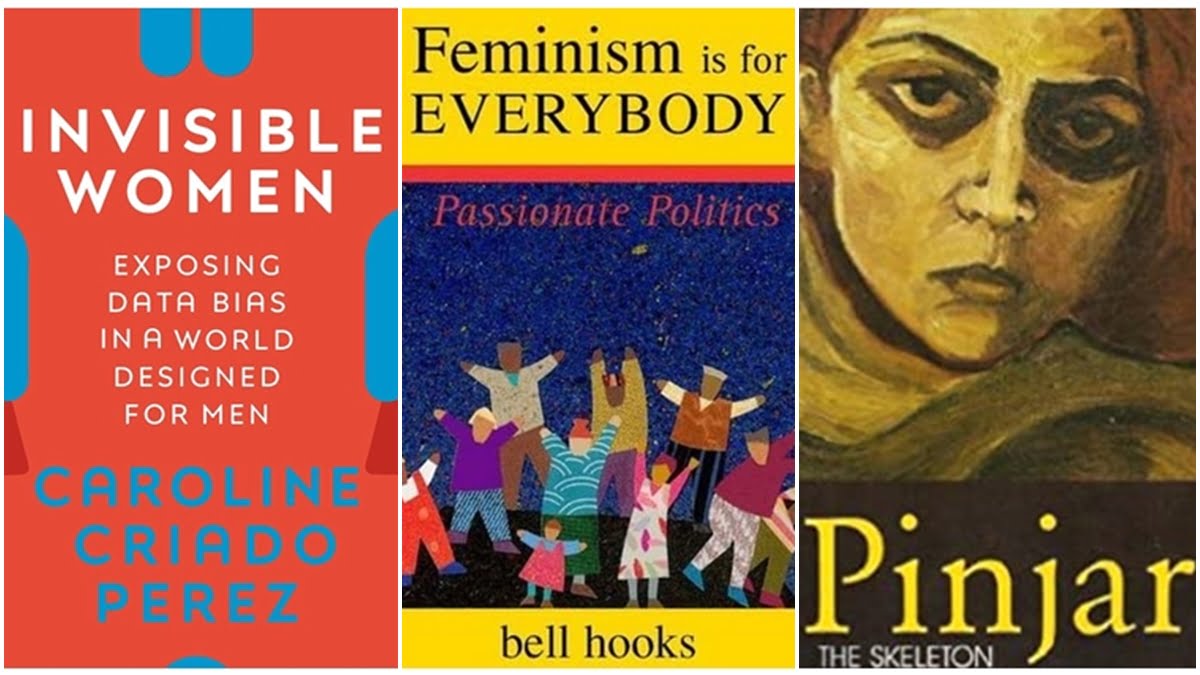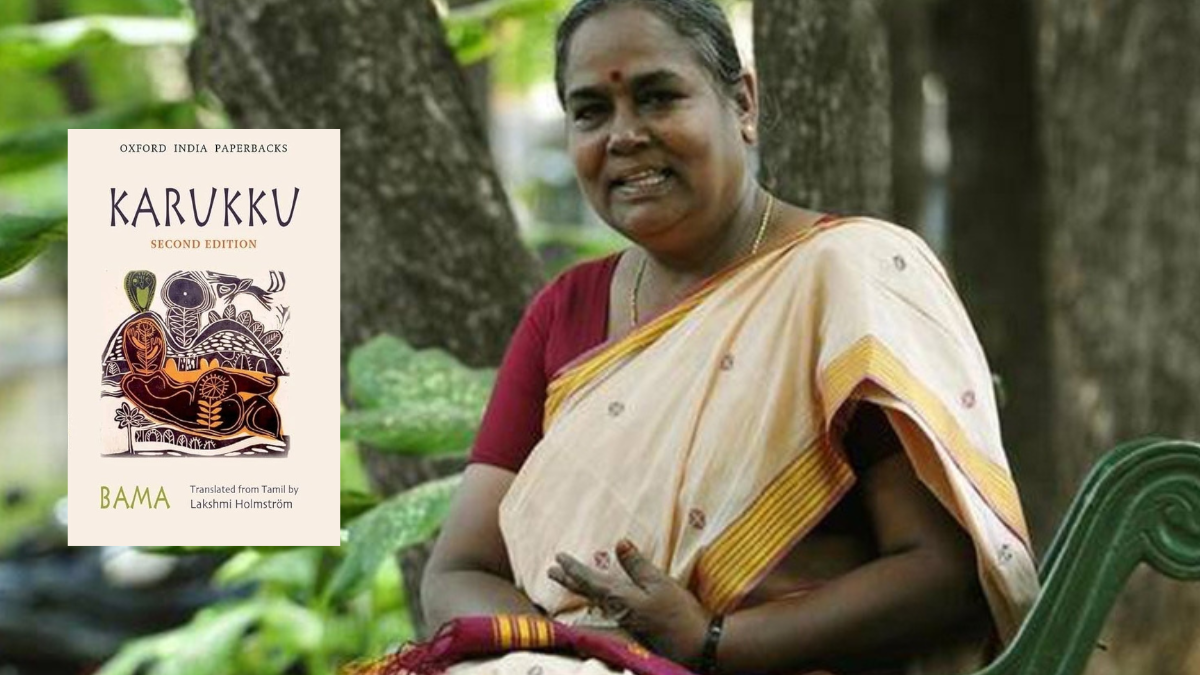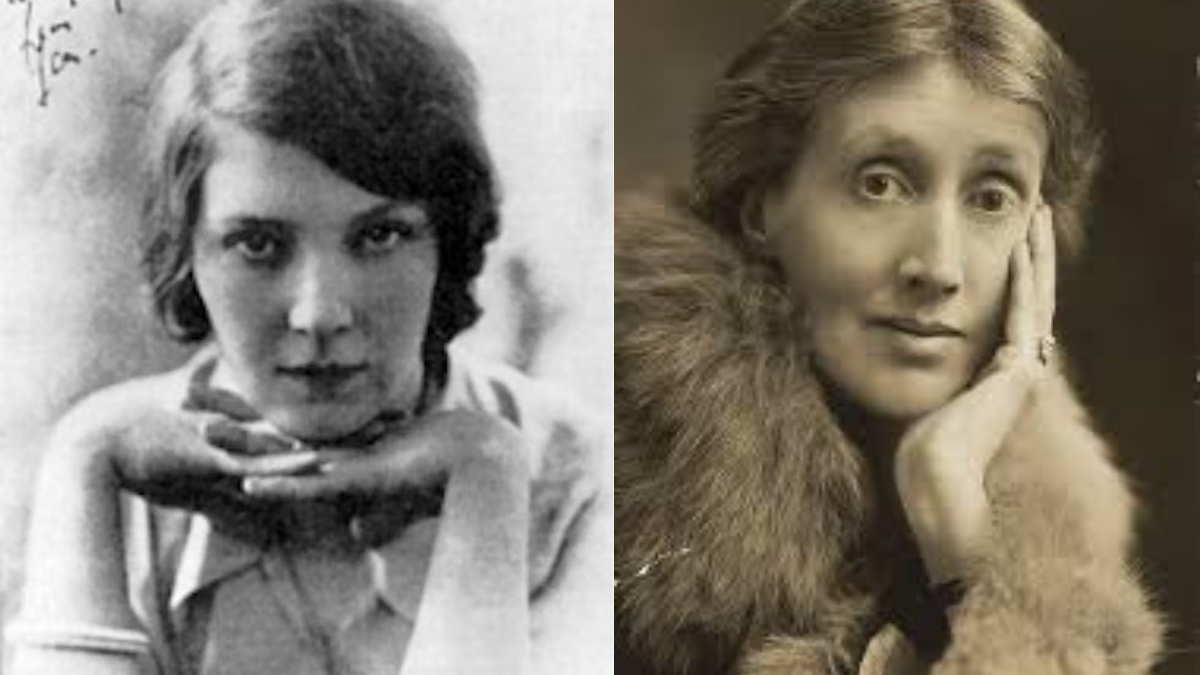One of the fundamental and easiest ways to understand the ideals of the feminist movement better is by reading. What’s more, it is also the easiest way to contribute to this very important revolution: Grab a book and settle down to read and know why feminism (and not equalism… or humanism... or any of those jargons) is essential. And to make it easier, we have curated a list of books that can help you understand the essence of feminism better. Happy reading!
1. A Brief History of Feminism by Antje Schrupp and illustrated by Patu, translated by Sophie Lewis

Schrupp and Patu published a graphic novel in 2017 that traces the development of feminism from antiquity through the third wave of the feminist movement. While the book is primarily limited to offering an account of the evolution of European, Western feminist movements, this is nonetheless a fun, accessible and educational read that will give readers a thirst to learn more.
2. Invisible Women: Exposing Data Bias in a World Designed for Men by Caroline Criado Perez
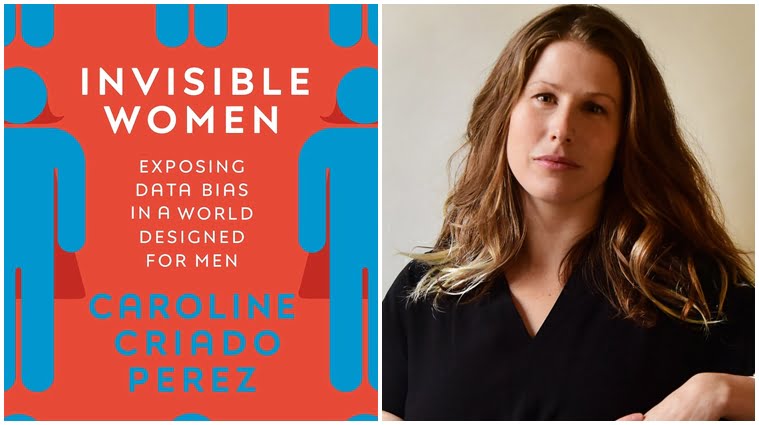
Perez analyses how gender politics are affected and enhanced by gaps in big data and argues powerfully that human history is comprised of a pervasive gender data gap that effectively ‘silences’ and erases women’s accomplishments, experiences, needs and daily lives.
3. The Second Sex By Simone De Beauvoir, 1949
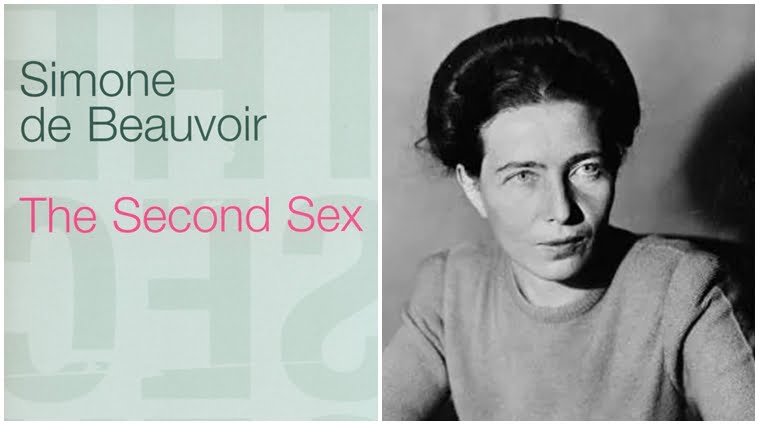
It combines existential philosophy with a staggeringly broad analysis of women’s condition: from fashion to sex to mysticism. De Beauvoir lampoons the myths that keep women in a passive position, such as the fairy-tale of romantic love, which promises salvation by a man. She warns of “the harsh punishment inflicted upon the woman who has not taken her destiny into her own hands.”
4. Feminism is for Everybody by bell hooks

Suffice it to say that feminist theory can be a bit dense for some. That’s why feminist author and cultural critic bell hooks set out in 2000 to create an educational text for those whose understanding of feminism comes from passing TV references and outdated ideas about “feminazis.” A passionate treatise for the lay-feminist, hooks explains and examines inclusive feminism and the practical application of it in a way that is both entertaining and informative.
Also read: 15 Books By Indian Women Writers That You Loved In 2018
5. Men Explain Things to Me by Rebecca Solnit

Best known for popularising the term “mansplaining,” Solnit’s collection of personal yet decidedly un-saccharine essays delves into big themes of the modern feminist experience with clarity and humor. From having your own interests explained to you and the #YesAllWomen movement to marriage equality, Solnit’s pieces are a relatable— and an often rage-inducing—look into gender in the 2010s.
Best known for popularising the term “mansplaining,” Solnit’s collection of personal yet decidedly un-saccharine essays delves into big themes of the modern feminist experience with clarity and humor.
6. We Should All Be Feminists by Chimamanda Ngozi Adichie

Here, the award-winning author of Half of a Yellow Sun and Americanah offers readers a unique definition of feminism for the twenty-first century, one rooted in inclusion and awareness. Drawing extensively on her own experiences and her deep understanding of the often-masked realities of sexual politics, here is one remarkable author’s exploration of what it means to be a woman now—and an of-the-moment rallying cry for why we should all be feminists. Published in 2014, this highly acclaimed, provocative New York Times bestseller is adapted from the much-admired 2012 TEDx talk of the same name.
7. The High Caste Hindu Woman by Pandita Ramabai
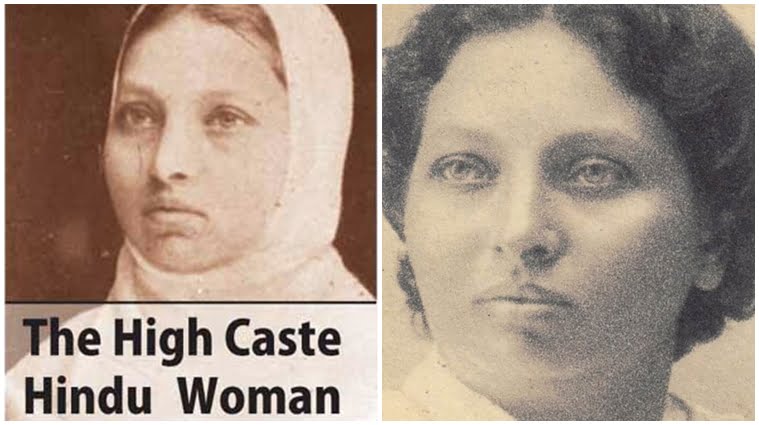
The book covers every stage of a high caste woman’s life, beginning with childhood, stating a woman’s place in religion and society so that Ramabai’s comments can be given a clear context and ending with an appeal for the betterment of women’s lives through the creation of an institution where high caste widows could be educated and cared for and taught to be independent – this she points out in an earlier chapter is against Manu’s laws, since women ‘are never fit for independence’.
8. Pinjar by Amrita Pritam
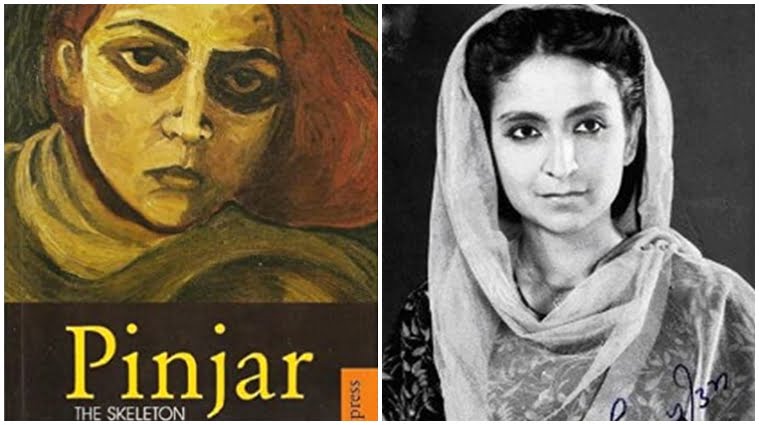
Pinjar(a), meaning cage in Hindi, is the story of a woman from Punjab during the partition of India and Pakistan. In Punjabi, Pinjar means a skeleton. Tumultuous times, tough situations, excruciating heart breaks, demanding society norms and yet Puro, the woman protagonist of the story, does the best she could.
Tumultuous times, tough situations, excruciating heart breaks, demanding society norms and yet Puro, the woman protagonist of the story, does the best she could.
9. Seeing like a Feminist by Nivedita Menon

The book studies sexual division of labour, increasing incidents of sexism and violence in the workplace, in courts, in politics. The book explains our anxieties behind prostitution, abortion, commercial surrogacy etc. while trying to convince us to look beyond them. What I found most central to the book was a realisation that accepted prejudiced practices of society classify something or someone without objective understanding, in order to trap us into its narrative.
Also read: Book Review: Seeing Like A Feminist By Nivedita Menon
10. Women & Power by Mary Beard
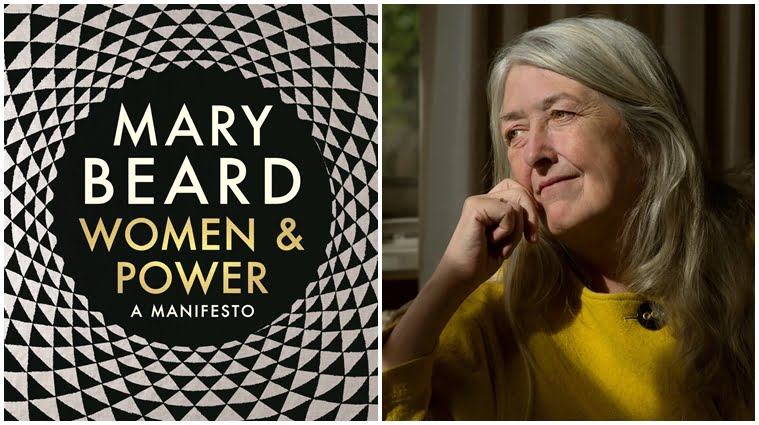
Classicist Mary Beard traces women in history, from mansplaining to Medusa, and discusses the gender agenda of today by uncovering the relationship of women and power. With personal anecdotes, and a whole bunch of cultural awareness, she unpacks the meaning behind ‘power’ as we perceive it today.
This list is by no means exhaustive and suggestions to add to this list are welcome in the comments section.
About the author(s)
Sana is a research scholar in Political theory, which also happens to be her love of the life. An avid reader, she aspires for a career where she would be paid for reading and reading. With a passion for reading "acknowledgement pages and dedications" by the authors in their books, She hopes to establish an archive of acknowledgement pages one day.
